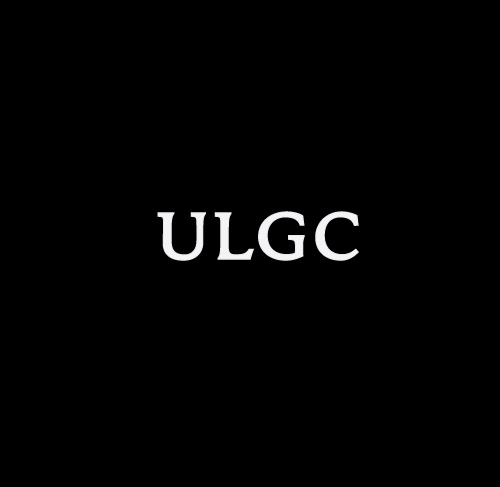I am particularly busy these weeks which explains this painfully slow pace of posts. A reason: I am particularly delighted to announce my first call for submissions.
I have been working on a new editorial project entitled Uncertain Territories based on call for submissions for 6 month or so. In September, I announced I wanted to launch a first guest-editing or a call for papers. Here is this first call for papers. Now, the format. I haven't yet decided between the online and the printed format. However printing or digital the format will be, this is a new adventure on which I will be setting off. With evidence, and that is the rule of the game: I don't have any Plan A as I will adapt to a series of nonlinearities (budget, advices, etc.). I clearly don't know where I am going, where this project will lead me but, for sure, I'll be enjoying it.
I hope many of you will take part to this project and I warmly encourage you to join me in this new adventure. So be free to send your submission if you're have a keen interest in this project.
This now been said,
The Project
Uncertain Territories is neither a journal nor a book, rather an undefined publication, a platform for ideas. As new protocol emerge, architecture will be encouraged to redefine its site, its boundaries, its skillset to integrate, problem-form, and adapt to multiple, indeterminate forces.
Uncertain Territories aims at examining the intersection of architecture and other fields, including anthropology, geography, economy, geology, to address new and linked questions related to infrastructural, cultural, social, energy, economic, geological, and ecological issues on the agency of design.
The first volume will be focused on Contingency.
The topic
Contingency, like design, Mason White, co-founder of Lateral Office/ InfraNet Lab writes in his essay Disciplinary Thievery, is a "anticipatory act, and is often devised as a response to an eventuality." While being a contingent discipline, architecture has long denied contingency privileging consistency, order and beauty.
Contingency theory, as defined by Paul Lawrence and Jay Lorsch, both specialists in Organizational Behavior at the Harvard Business School, suggests the anticipation of nonlinearities and adoption of an open system engaged in a continuous interaction with and adaptation to its environment.
As new problematics raise, integrating contingency within architecture permits a redefinition of architecture from a static, hierarchical, inert, to a dynamic, adaptive, responsive organization. Contingency encourages designers to reconsider their tools, their methodology, and develop new strategies to anticipate, re-calibrate and transform in uncertain and unstable conditions. Contingency enables architecture to critically address new protocols, linked dynamics across scales including technologies, infrastructure, human and ecological systems.
Uncertain Territories seeks for papers and projects that critically discuss the relations of architecture and contingency across scales, technologies, infrastructure, ecology and actors.
Please the visit Dziga Press to send your submission by Monday, July 01, 2013.
Uncertain Territories accepts only unpublished papers including, but not limited to, interviews, drawings and photos. Please send abstracts in English limited to 200 words, and formatted in accordance with The Chicago Manual of Style. Images should be included separately at 300 dpi print quality. Submissions should include a short biography (up to 150 words) and contact info. All manuscripts should be sent in digital format, with texts as MS Word or RTF files and images as uncompressed TIFF files with proper supporting apparatus (image credits, captions, and endnotes). Please announce your submission in the subject line.


No comments:
Post a Comment